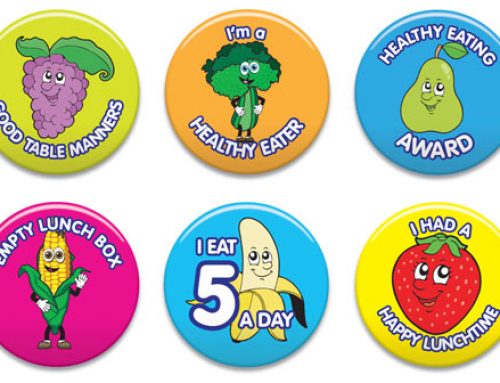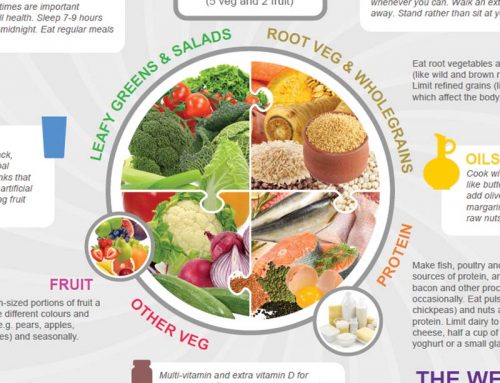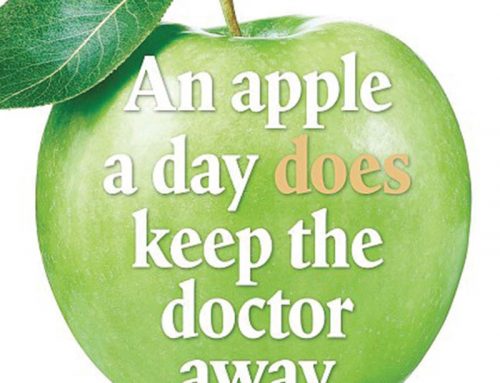Confused about carbs? I wouldn’t blame you if you were. Never has a food group divided opinion more than carbohydrates. Most health experts preach that they’re an essential part of a balanced diet, yet the ‘low carb’ and ‘no carb’ diet remains firmly in fashion with celebrities like Kim Kardashian attributing her recent weight loss to a low carb Atkins diet.
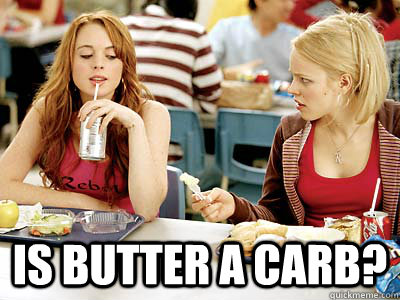
Some people view them as the ultimate energy provider, others as the ultimate diet demon, so, which is it? As a Nutritional Therapist, it’s something I get asked about a lot. So, I’ve broken the subject down into the most frequently asked questions which will help you separate the hype from the truth about carbohydrates.
Carbohydrates Masterclass: FAQ’s
What are Carbohydrates (Carbs)?
What many people don’t realise is that most foods contain carbohydrates, just in varying amounts. Carbohydrates tend to be found in non animal plant based foods such as bread, pasta, rice, cereals, potatoes, beans, fruit, vegetables, nuts and seeds. However you also find small amounts in milk and other dairy products. They supply the body with the energy needed for the muscles, brain and central nervous system to function. In fact, the human brain depends exclusively on carbohydrates for its energy.
How do carbohydrates work?
During digestion, all carbohydrates are broken down into glucose before they can enter the bloodstream where insulin helps the glucose enter the body’s cells. Any glucose that isn’t needed immediately for energy is stored temporarily as glycogen in the liver and muscles for future use, but, if there is a surplus of glucose, the body will store it as fat, end of.
Are there ‘good’ and ‘bad’ carbs?
well, In terms of how our bodies process them, not all carbs are created equal. Carbohydrates can be divided into two main categories: ‘Fast release’ carbohydrates break down into glucose very quickly and thus tend to give us a sudden burst of energy followed by a slump whereas ‘Slow release’ carbohydrates are broken down slowly and enter the bloodstream more gradually which provides sustained energy.
| Fast Release Carbohydrates | Slow/Medium Release Carbohydrates |
| Sweets, chocolate, biscuits, breakfast bars, cake, muffins, ice-cream, jam, honey, refined cereals e.g. corn flakes, special K, rice crispies, chocolate, ‘white flour foods’, white bread, pastry, pizza, crisps, chips, bagels, white pasta, white rice, crackers, scones, pastries, fizzy drinks, fruit juices, dried fruit, baked beans. | Brown rice, wholemeal pasta, wholegrain bread, sweet potatoes, baby new potatoes, wholegrain cereals, oats, quinoa, millet, oat cakes, whole fruits, vegetables, beans, lentils. |
How do fast release carbs affect our health & wellbeing?
Problems can arise when we start over-consuming fast release carbohydrates which is very easily done. In fact most of us do. If, for example, you have a bowl of corn flakes for breakfast, a white roll for lunch and a bowl of pasta for dinner, your diet is predominantly made up of fast release carbohydrates. This can wreak havoc on blood sugar levels which in turn causes energy slumps, excessive appetite, food cravings, weight gain as well as increasing risk factors for various other health problems such as Type 2 Diabetes.

What is GI and GL?
The Glycaemic Index (GI) or Gylcaemic Load (GL) both measure the degree to which a carbohydrate is likely to raise your blood sugar (glucose) levels. However, GI does not consider the portion size of a food, whereas glycaemic load (GL) does. The GL takes the glyacemic index of a food and considers its common serving sizes to give a more practical indicator of the effect of that food on blood glucose. The idea of both rating systems is to help you choose foods that will keep your blood sugar levels stable. As a rule of thumb, slow release carbohydrates (as listed above) will have a low GI/GL. I’m a big believer in following a Low GI Mediterranean style diet for good health & weight management. In fact, this is the very style of eating that I outline in my book ‘Goodbye Sugar’ with meal suggestions and recipes.
How much carbs should I eat?
The truth is, you can have your carbs and eat them too, you just have to choose the right ones and in the right amounts! Also, how much you should eat depends on your age & activity levels. Outdated food pyramids encourage over-consumption of carbohydrates but nowadays most nutrition experts will agree that for those who lead sedentary/moderately active lives, starchy carbohydrates (bread, rice potatoes) should make up no more than one third of our diet. This translates to roughly ¼ of your plate at meal times. Another ¼ or your plate should be taken up with protein and the remaining half with vegetables/salad/fruit. If you get this balance right, you’ll never go too far wrong.
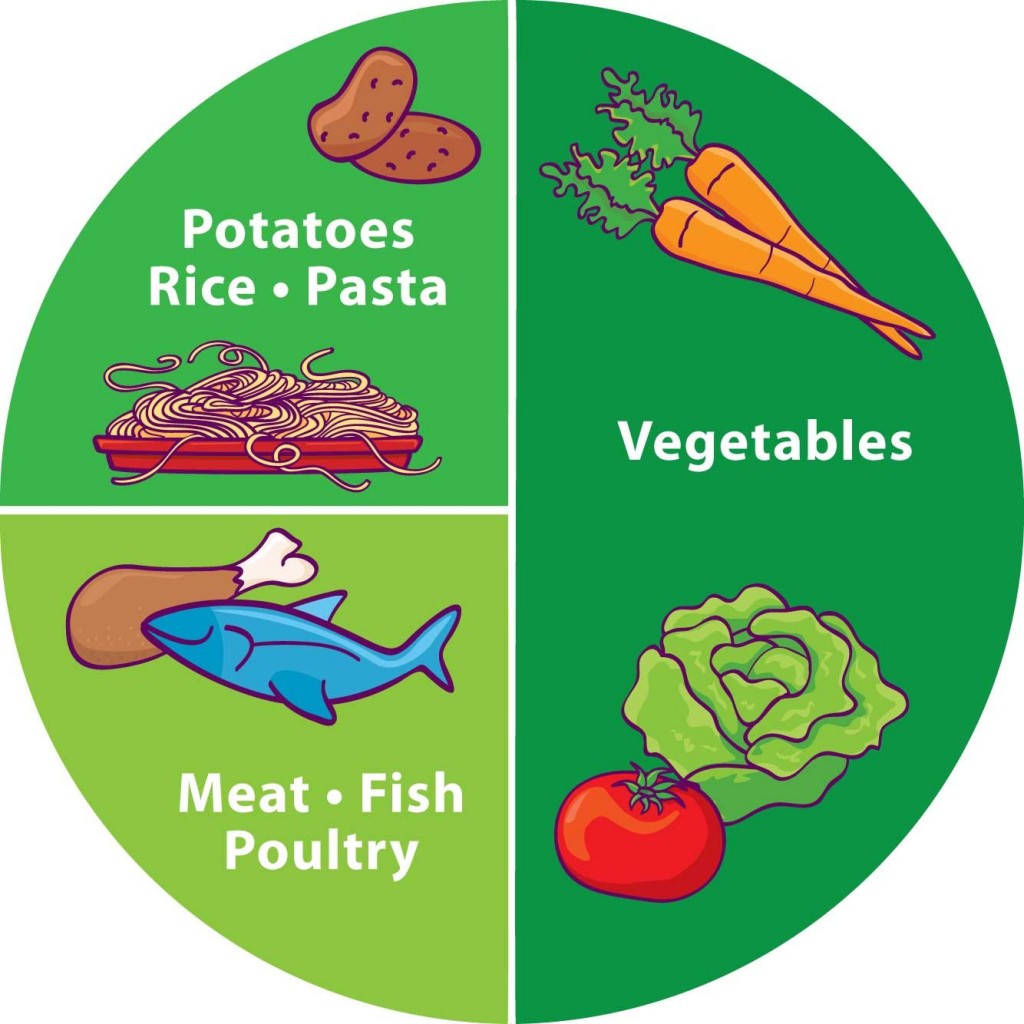
Why favour wholegrains?
As the name suggests, these are grains from which no part has been removed. As a rule, wholegrain foods tend to be brown, while products made from refined grains tend to be white. For example, white rice has the germ and bran removed during the refining process. When a grain is refined, much of the fibre, vitamins and minerals are lost making them far less nutritious. A diet that is rich in wholegrains is linked to many health benefits including lowered cholesterol and blood pressure, as well as a reduced risk of developing bowel cancer or a stroke.
Are low carb diets healthy?
Very low carb diets may trigger fast weight loss, however, the effects are almost always short term and the negative health effects often make it unsustainable for the long term. Eating too few carbohydrates can cause low energy levels, low mood, digestive problems and headaches. It can also lead you to eat an unbalanced diet that is too high in protein and/or fat. Another possible side effect is a higher risk of developing certain cancers if you severely limit vegetables and fruit consumption as per very low carb diets.
Bottom Line
Whilst limiting refined carbohydrates is always a wise idea, cutting out good carbohydrates can backfire and may actually make you gain weight instead of lose it. A healthy diet must include some carbohydrates. It’s just about eating the right ones in the right amounts. As boring as it may sound, your mother’s ‘everything in moderation’ mantra really does apply to just about everything – including carbohydrates.
Elsa Jones is a qualified Nutritional Therapist & Bestselling Author of ‘Goodbye Sugar’ – www.elsajonesnutrition.ie



